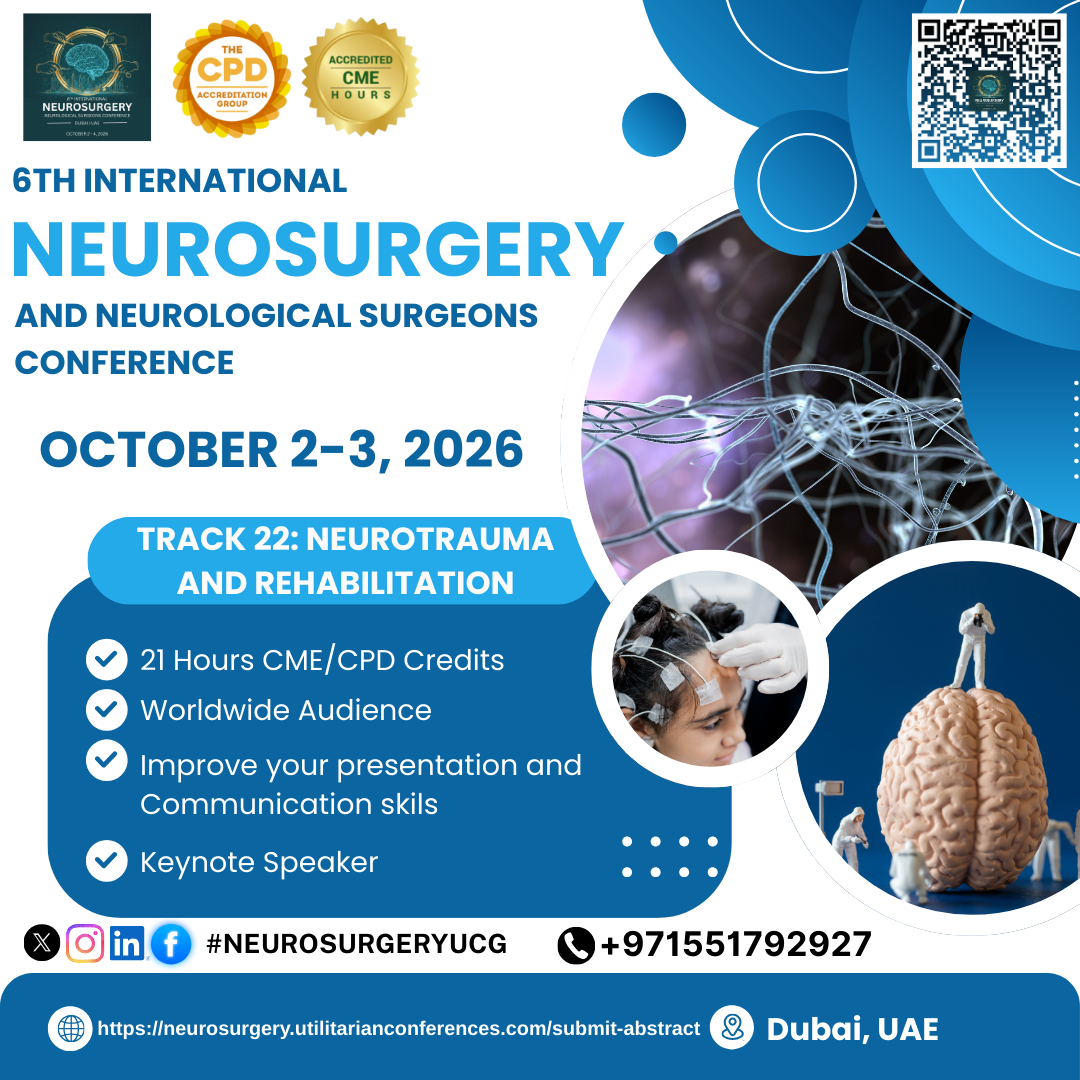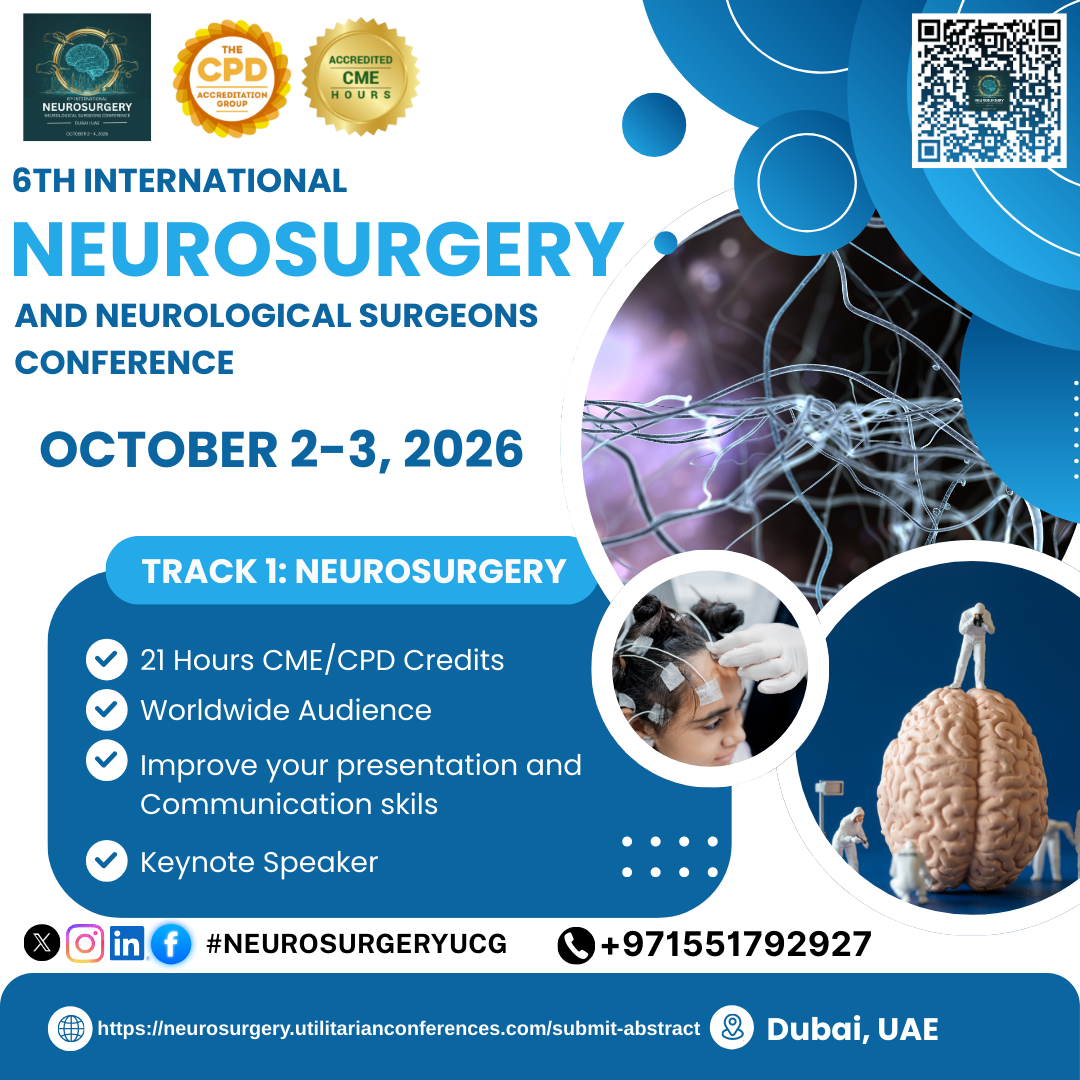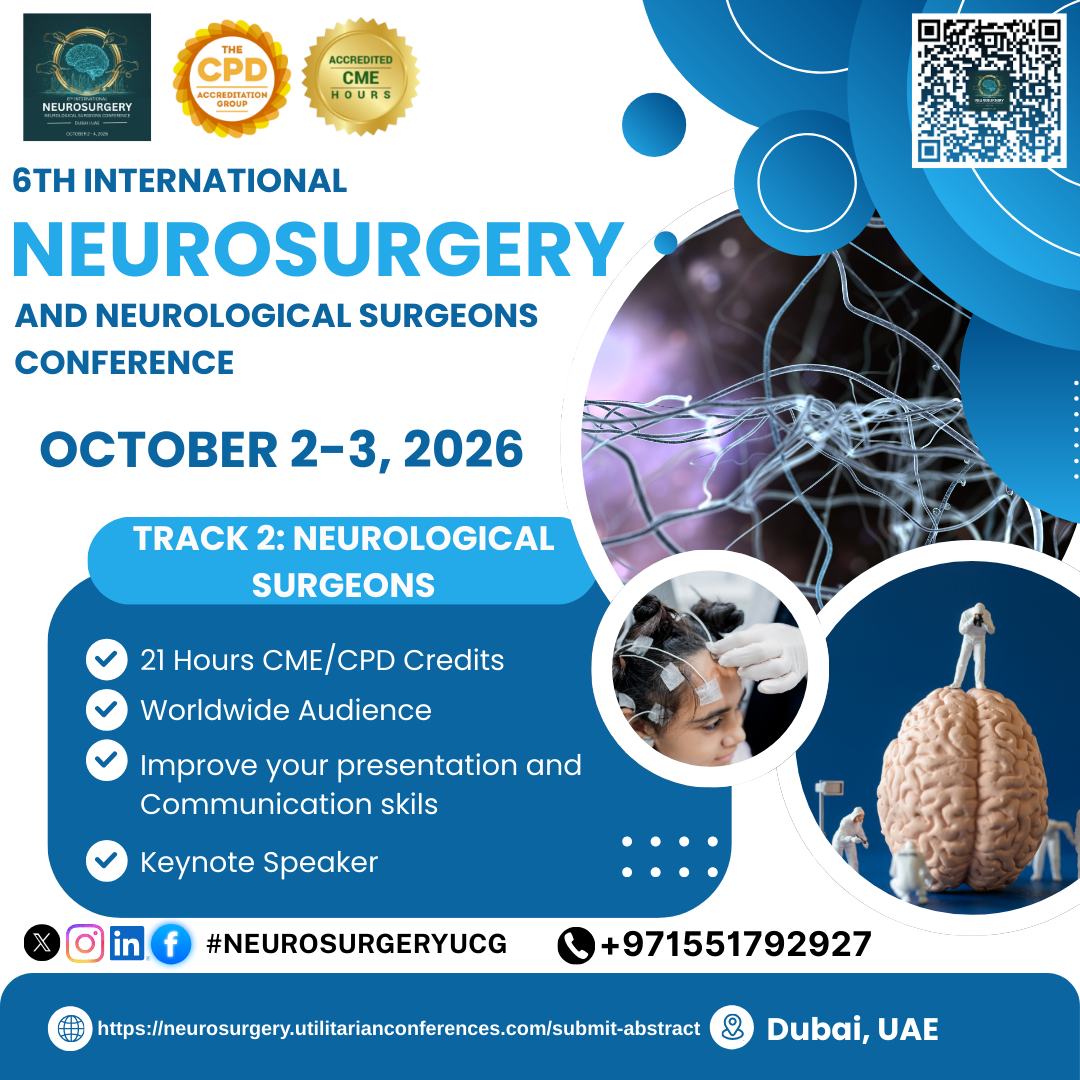Neurotrauma and Rehabilitation: Neurotrauma and Rehabilitation: refers to the management and recovery process following
traumatic injuries to the nervous system, including the brain, spinal cord, and
peripheral nerves. Neurotrauma encompasses a broad spectrum of injuries, from
mild concussions to severe traumatic brain injuries (TBI) and spinal cord
injuries (SCI). Rehabilitation plays a critical role in helping individuals
regain lost function, improve their quality of life, and adapt to new
challenges after such injuries. Below is an overview of neurotrauma and
its associated rehabilitation.
- Types of Neurotrauma: Traumatic Brain Injury (TBI): A leading cause of disability and death worldwide, TBI results from a blow or jolt to the head or a penetrating head injury. It can range from mild concussions to severe brain damage, leading to cognitive, physical, emotional, and behavioral impairments.
- Spinal Cord Injury (SCI):SCI occurs when there is damage to the spinal cord, often caused by a traumatic event such as a car accident, fall, or sports injury. Depending on the location and severity of the injury, SCI can result in partial or complete paralysis (tetraplegia or paraplegia)
- Peripheral Nerve Injury: Peripheral nerves outside the brain and spinal cord can also be injured due to trauma, leading to loss of sensation, motor function, or both in the affected area.
- Cervical and Thoracic Injuries: These involve damage to the neck (cervical spine) or upper back (thoracic spine), which can result in severe consequences, including difficulty breathing, paralysis, and loss of mobility.
- Promoting Neurotrauma and Rehabilitation is essential to improving outcomes for individuals who have experienced traumatic injuries to the nervous system. Effective promotion of neurotrauma awareness, prevention, early intervention, and rehabilitation can enhance recovery, reduce complications, and improve the quality of life for affected individuals. The following strategies can help promote neurotrauma care and rehabilitation: ends, family, and
community members provides emotional support and reduces feelings of
isolation.
- Self-Care: Engaging in activities that
promote relaxation and joy, such as hobbies, exercise, and spending time
in nature, is essential for maintaining mental wellness.
- Seeking
Professional Help:
When needed, reaching out to mental health professionals, such as therapists
or counselors, can provide guidance and support.
Treatment
The treatment of mental health issues can be done in many
different ways. Being highly individualized, treatment may not always be
effective for everyone.
Combining certain tactics or treatments can increase their
efficacy. A person with a persistent mental illness may make diverse decisions
throughout their life.
The patient has to engage closely with a physician who can
assist them in determining their needs and offering appropriate therapy.
The treatment for mental health conditions varies depending on
the specific diagnosis, the severity of symptoms, and individual factors.
Mental health treatment often involves a combination of therapeutic
interventions, medications, lifestyle modifications, and support from mental
health professionals, friends, and family. Here are some common approaches to
mental health treatment:
- Psychotherapy (Talk Therapy):
- Cognitive-Behavioral Therapy (CBT): CBT
helps individuals identify and change negative thought patterns and
behaviors contributing to their mental health issues.
- Psychodynamic Therapy: This
approach explores unconscious thoughts and emotions to understand and
address the root causes of mental health challenges.
- Interpersonal Therapy
(IPT): IPT focuses on improving interpersonal
relationships and communication skills to alleviate symptoms.
- Medication:
- Psychiatric medications, such as
antidepressants, antianxiety medications, mood stabilizers, and
antipsychotics, are prescribed by psychiatrists or other healthcare
providers to manage symptoms.
- Medication is often used in
conjunction with psychotherapy for more comprehensive treatment.
- Hospitalization and Residential Treatment:
- In severe cases, hospitalization may be
necessary to ensure the safety of individuals experiencing acute mental
health crises.
- Residential treatment
programs provide structured, intensive care for individuals with complex
mental health issues.
- Electroconvulsive Therapy (ECT):
- ECT may be recommended for severe cases of
depression or other mental health disorders that have not responded to
other treatments.
- It involves controlled
electric currents inducing a brief seizure to impact brain chemistry.
- Transcranial Magnetic Stimulation (TMS):
- TMS is a non-invasive
procedure that uses magnetic fields to stimulate nerve cells in the
brain. It is used primarily for treatment-resistant depression.
- Support Groups:
- Joining support groups or
peer-led organizations can provide individuals with a sense of community
and understanding. Sharing experiences with others facing similar
challenges can be therapeutic.
- Lifestyle Changes:
- Adopting a healthy lifestyle can positively
impact mental health. This includes regular exercise, a balanced diet,
sufficient sleep, and avoiding substances like alcohol and drugs.
- Stress management
techniques, such as mindfulness and relaxation exercises, can also be
beneficial.
- Mind-Body Interventions:
- Practices like yoga,
meditation, and tai chi can contribute to mental well-being by promoting
relaxation, reducing stress, and improving self-awareness.
- Complementary and Alternative Therapies:
- Some individuals find
benefit from complementary approaches such as acupuncture, massage, or
herbal supplements. However, these should be used in conjunction with
evidence-based treatments.
- Case Management and Social
Support:
- Case management services can help individuals
navigate the healthcare system, access resources, and coordinate various
aspects of their treatment.
- Strong social support from
friends and family is crucial for many individuals
How
can you keep your mental Neurotrauma and Rehabilitation in check?
Maintaining mental well-being during neurotrauma and rehabilitation is crucial, as the emotional and psychological aspects of recovery can significantly impact overall progress. Here are some strategies to help keep mental health in check during this challenging period:
Maintain
hydration Neurotrauma and Rehabilitation: Maintaining Hydration During Neurotrauma and Rehabilitation :is critical for optimizing recovery, improving cognitive and physical function, and supporting overall health. Proper hydration plays a crucial role in the healing process, especially for individuals recovering from traumatic brain injury (TBI), spinal cord injury (SCI), or other neurotraumas. Here’s why hydration is important and tips for maintaining it:





